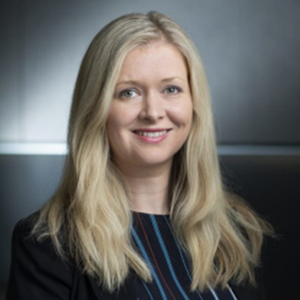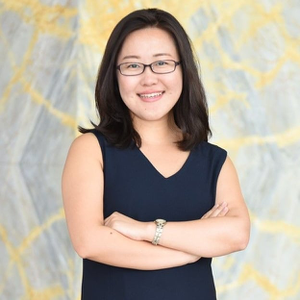Event Details
Now more than ever, safety professionals need to gain essential knowledge and skills for fostering a mentally healthy work environment. This workshop offers a comprehensive understanding of the importance of mental health in the workplace, equips participants with the ability to identify and manage psychosocial hazards, and provides practical strategies for implementing initiatives that enhance employee well-being. By attending, safety professionals will be better prepared to create supportive, safe, and productive workplaces, ultimately contributing to the overall success and sustainability of their organisations. This workshop also provides a valuable opportunity for networking and sharing best practices with peers, further enriching their professional development.
Learning Outcomes:
By the end of this workshop, participants will be able to:
- Understand the importance of mental health in the workplace.
- Identify common psychosocial hazards.
- Implement best practices for managing psychosocial hazards.
- Develop practical initiatives to improve psychosocial health and safety.
- Engage in discussions and problem-solving related to psychosocial hazard management.



